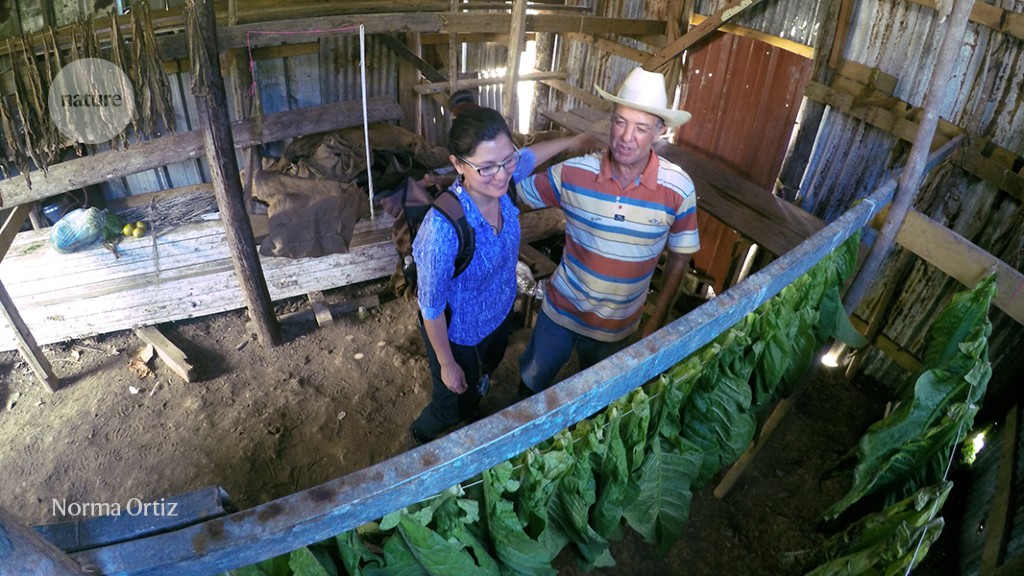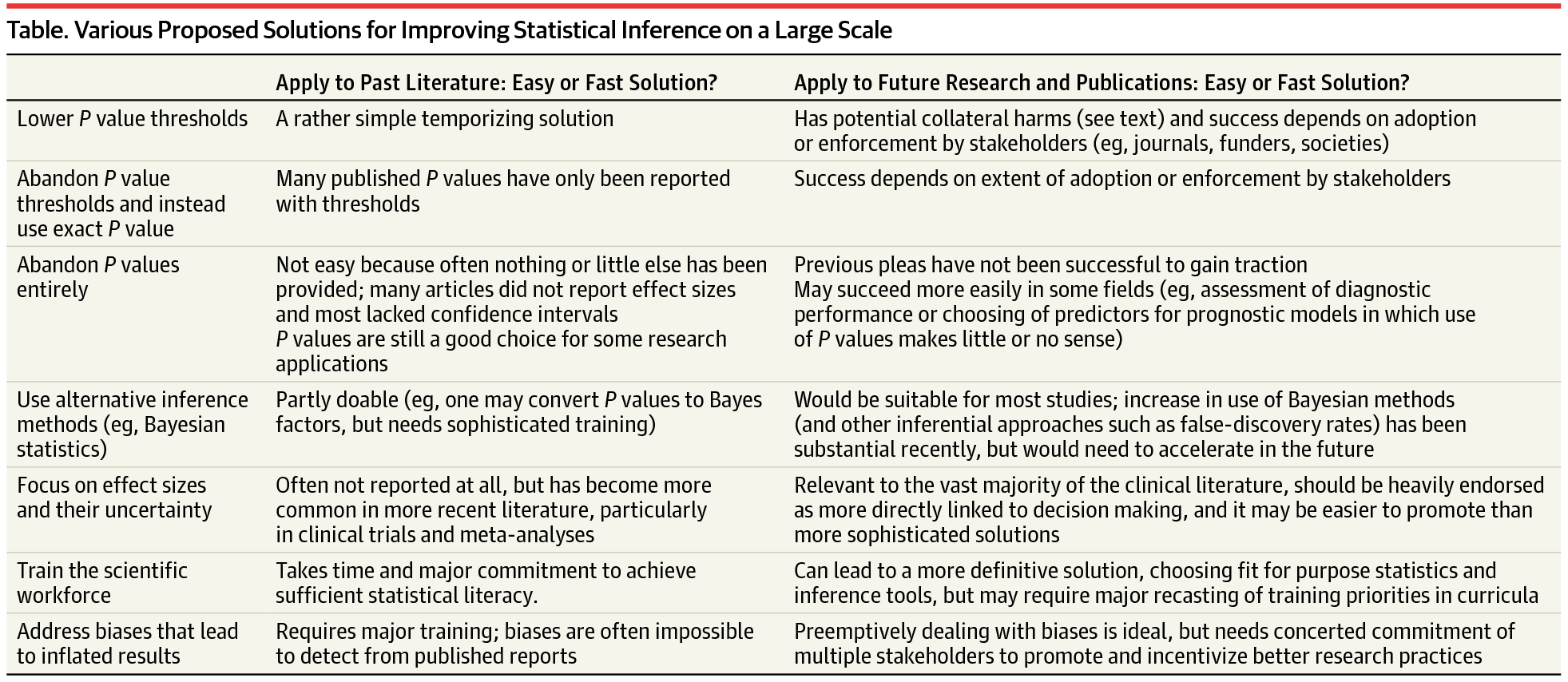How Populist Leaders Like Trump Use 'Common Sense' As an Ideological Weapon to Undermine Facts
How Populist Leaders Like Trump Use 'Common Sense' As an Ideological Weapon to Undermine Facts

Send us a link



Science is not the only form of knowledge but it is the best, being the most successful epistemic enterprise in history.

Springer Nature editors urge consideration of the potential harms of all research relating to human populations, not just that directly involving human participants.

A paradigm shift away from null hypothesis significance testing seems in progress. Based on simulations, the article illustrates some of the underlying motivations.
Scientists and funders with close links to local communities outline how Western teams can collaborate fairly and effectively with those groups.

"Science belongs to all of us and it is not an enemy of any culture."

We hope that the scale and reach of the Covid-19 pandemic will realise sustained change in the research culture, with openness and collaboration firmly embedded.



Poor research design and data analysis encourage false-positive findings. The persistence of poor methods results partly from incentives that favour them, leading to the natural selection of bad science.
Registered Reports emphasize the importance of the research question and the quality of methodology by conducting peer review prior to data collection. High quality protocols are then provisionally accepted for publication if the authors follow through with the registered methodology.

Many of today's problems in science are substantially driven by deficits in statistical thinking and data skills that are common across the sciences. This opinion article justifies this position, and offers ways that these deficits might be addressed.
Compiling the evidence from dozens of studies doesn't always bring clarity.

Choosing wisely from a burgeoning array of digital tools can help researchers to record experiments with ease.
There should be a prominent place for theory within biology papers, both as Results in papers that combine experiment and theory, and as Results in theory papers.
Using version control and continuous integration, to create a modern data management system.
When evaluating the strength of the evidence, we should consider auxiliary assumptions, the strength of the experimental design, and implications for applications. To boil all this down to a binary decision based on a p-value threshold is not acceptable.
P-values and significance testing have come under increasing scrutiny in scientific research. How accurate are these methods for indicating whether a hypothesis is valid?
Rather than focusing our study reports on uncertain conclusions, we should thus focus on describing accurately how the study was conducted, what problems occurred, and what analysis methods were used.
Most lab mice are kept in pristine conditions, but a few immunologists think a dose of dirt could make them a better model of human disease.
John Ioannidis discusses the potential effects on clinical research of a 2017 proposal to lower the default P value threshold for statistical significance from .05 to .005 as a means to reduce false-positive findings.

Given that science is the key driver of human progress, improving the efficiency of scientific investigation and yielding more credible and more useful research results can translate to major benefits.
Science is not a belief system. It is rather a defined process we can use to accurately answer questions and come to a better understanding of our natural world.

Statistical significance and hypothesis testing are not really helpful when it comes to testing our hypotheses.

Information for researchers who are interested in adopting an Electronic Lab Notebook system for documenting research and managing data.
In a profession rewarding productivity in the form of papers and grants, sitting down to deeply read journal articles can feel like wasted time. Professor logs every paper she read over multiple years to gain insight on personal research practices.
Researchers who want professorships are sometimes driven to publish suspect findings.

How academic users understand, discover, and utilize reference resources.
